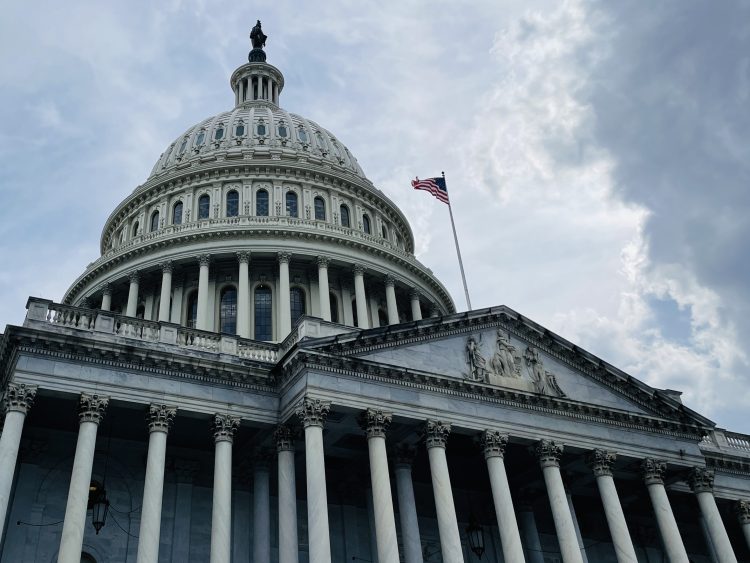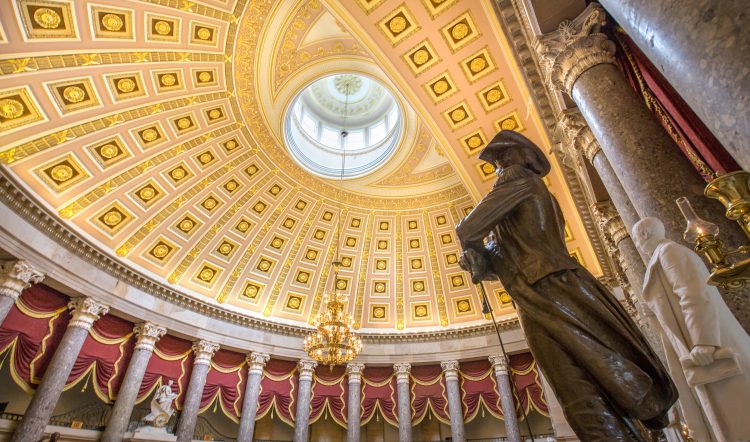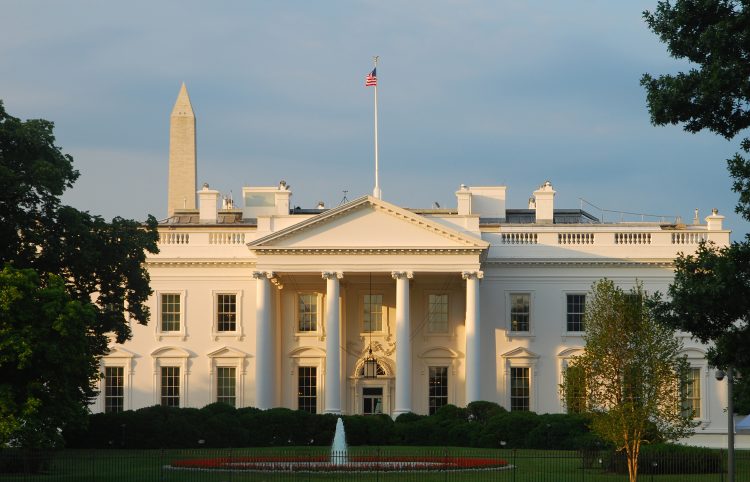While advocates of a federal value-added tax (VAT) point to key benefits for a country struggling with big deficits, the idea has drawn strong opposition from both ends of the political spectrum.
While advocates of a federal value-added tax (VAT) point to key benefits for a country struggling with big deficits, the idea has drawn strong opposition from both ends of the political spectrum.
A value-added tax could efficiently raise a large amount of money. Although it has some similarities to a retail sales tax, a VAT collects revenue throughout the production process, leaving fewer opportunities for tax evasion. A VAT also gives people an incentive to save and invest, boosting long-term economic growth.
But consumption-based taxes like the VAT can be regressive – claiming a larger percentage of low incomes than high incomes. That worries liberals and could lead lawmakers to exempt goods and services they deem “necessities.” Once Congress begins allowing such exemptions, special-interest groups would push lawmakers for more exemptions, which is one of the major problems with the current income tax system.
Many conservatives oppose the suggestion that a VAT could be used to raise additional federal revenue rather than just replace part of the current revenue from other taxes.
Finally, a national value-added tax would probably face opposition from states and local governments that rely on consumption taxes as their major source of revenue.
While The Concord Coalition has not taken a position on a VAT, it believes that it should be on the table for consideration.
Continue Reading











